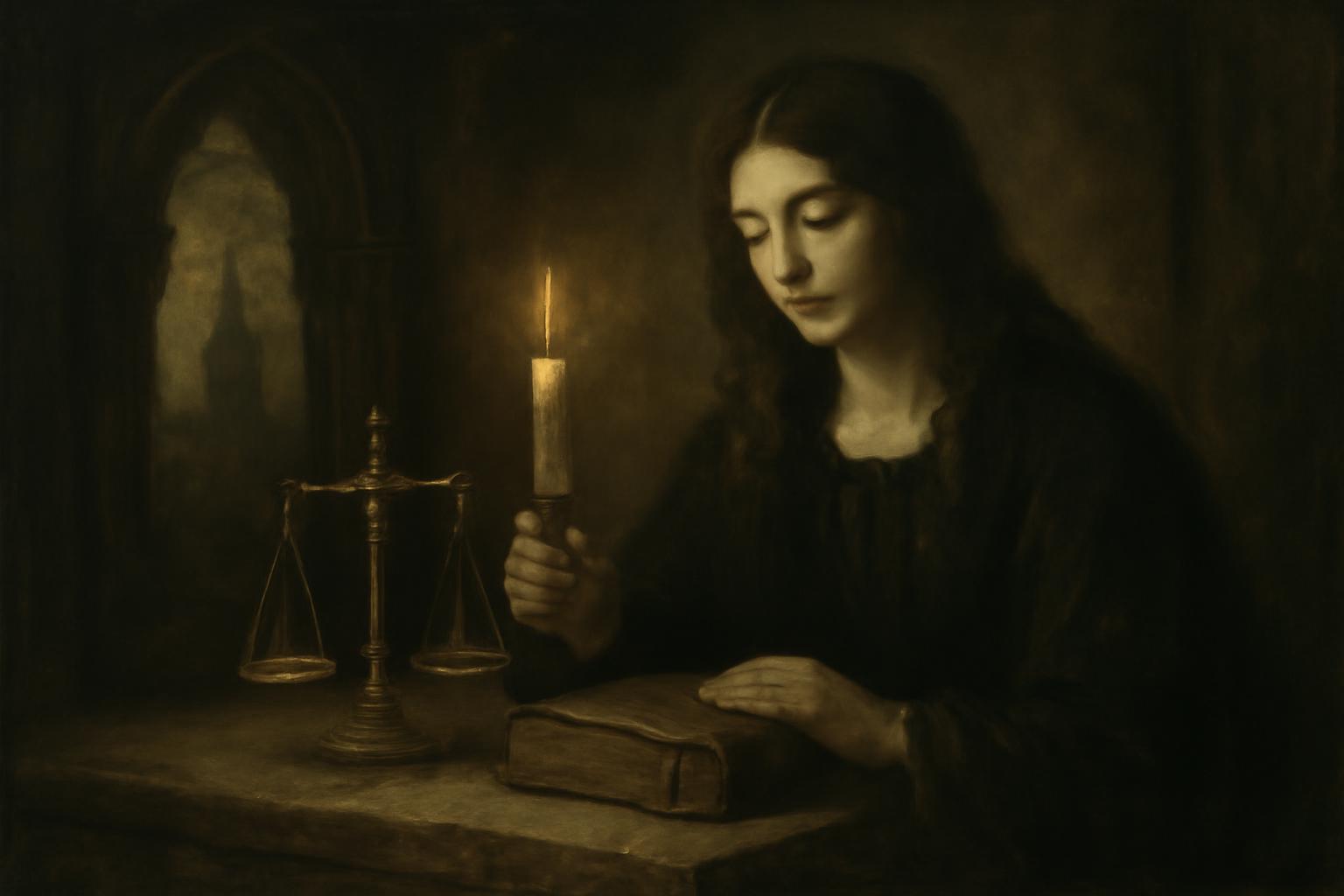Solingen marks the morose anniversary like a dim lamp set against a wall of quiet houses, where last year a presumed Islamist cut into the festival’s merriment and three souls were extinguished while eight bore the wound of a city’s memory. The premier stepped into the hush and spoke of defending an open and free society, of testing the stubborn rope of liberty against the torrent of violence; the faith in the robust rule of law, the claim that hatred is a form of unmasking the dignity of every human being, and that division yields to solidarity and reconciliation. They thanked the rescue workers, the police, the chaplains, the countless helpers who faced hatred with humanity and charity while the attacker sought to sever the ties that bind a community, and was met with courage and compassion as if the chorus of a tragic play had suddenly answered the inward scream with mercy.
Yet there looms another argument like a cold engine: data, logs, the quiet persistence of surveillance. The governor’s voice asserts that in the grim calculus of preventing blood, victims’ protection and saving lives must outrank privacy in this peculiar battle. It is a bitter brew, but not a foreign one to a civilization that habitually trades the veil of secrecy for the glare of safety.
At the federal horizon, the CDU/CSU and the SPD would reintroduce data retention, binding telecoms to store IP addresses for three months in the name of investigation and prevention, even as legal uncertainties left the old rule fallow since 2017. The September talk of memory and mechanism—of watchful logs replacing unspoken trust—begs the question Nietzsche would set before us: what cost does the will to security exact upon the soul of a free people?
The blood-soaked night of 23 August 2024, when Issa al H., the presumed Syrian Islamist, took three lives and wounded eight, remains a hinge of memory; he briefly escaped, was captured, and now faces murder and attempted murder charges in Düsseldorf. The frame tightens: a city that must live with both vigilance and memory. The interior minister, Alexander Dobrindt, calls for renewed efforts against extremism, insisting that Islamism’s danger is not a rumor but a present specter; society must not be cowed but must strengthen the agencies that stand between day and night. In the chorus of responsibility, the idea of a common defense swells like a drumbeat through the alleys of the town.
Solingen’s mayor, Tim Kurzbach, speaks of unity and resilience, of the attack targeting freedom, diversity, and the open society itself, and of a vow to continue to celebrate life in diversity with heightened security at events. There is bravery in this vow, yet even bravery wears a ceremonial mask, the mask of a civilization that faces the abyss and chooses to walk on.
And so the day is not merely a day of sorrow but a meditation on the fragility and the stubbornness of Western culture. It is a scene fit for Greek tragedy: the chorus lamenting human frailty as fate presses its inexorable watch, while a citizenry chooses to act with courage and with compassion, even when the mind trembles before fear. Nietzsche would remind us that decadence is not merely decline but the fruit of a culture that refuses to confront its own limits; the philosopher would ask whether the will to secure life with greater and tighter injunctions is not also a testament to a fearsome longing to master contingency, to domesticate contingency by law and log.
In this twilight, I hear a double ache: the ache for those who suffered, and the ache of a civilization that must decide, again, how to balance memory, liberty, and safety without severing the very thing that makes memory worth keeping. The open society endures not by ignoring evil but by practicing mercy under the banner of justice; it must endure not as a mere machine of protection, but as a human temple where the memory of three dead and eight wounded becomes a testimony to solidarity, not a pretext for retreat into shadows. If memory is a blade, may it cut through despair as surely as through deceit; and may the West, in its melancholy wisdom, persevere in defending life with dignity, even as the storm of fear whispers that the ancient lights grow faint.
